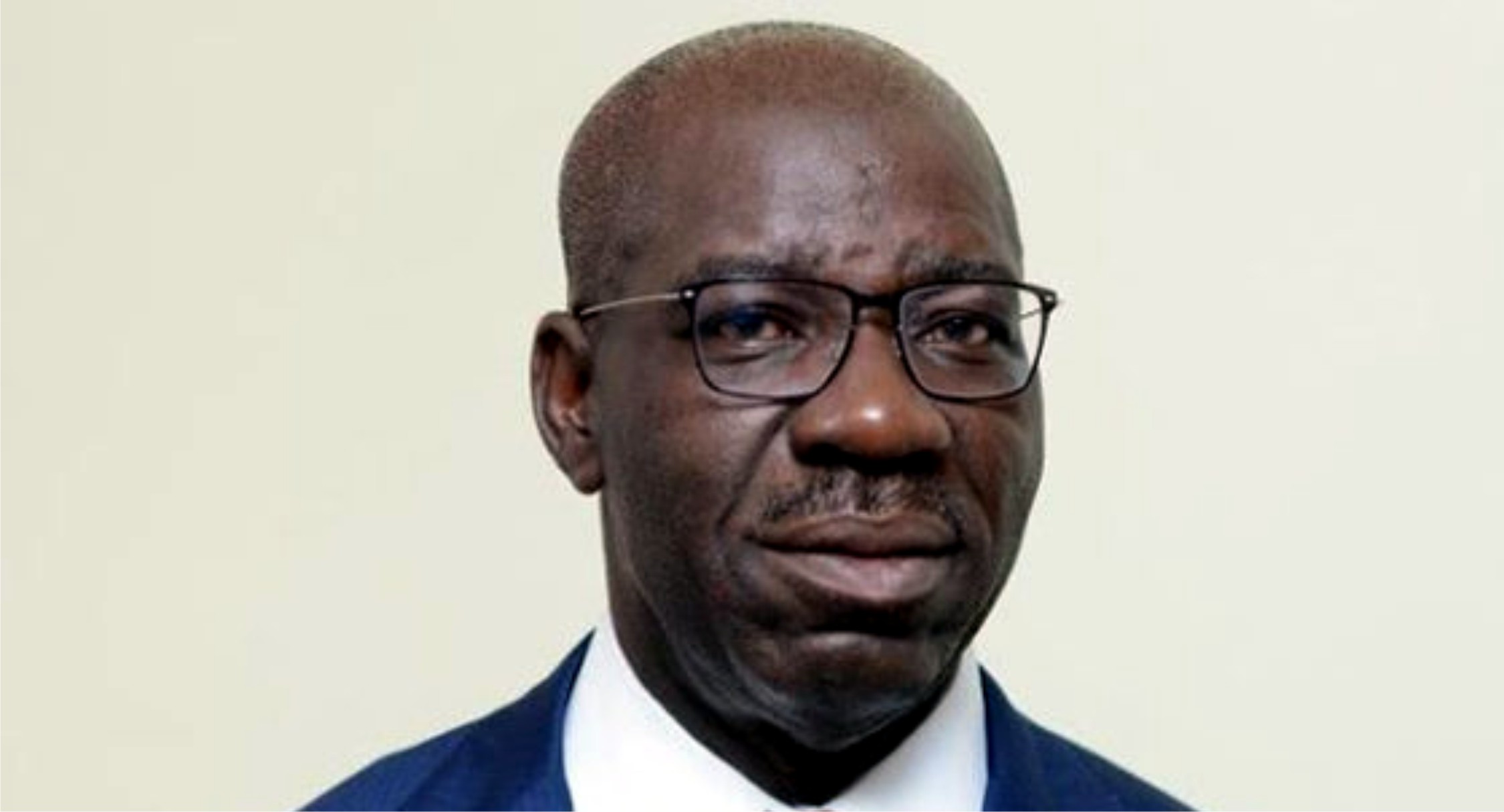Niger Delta
APC Crisis: Obaseki Blames Oshiomhole, Iyamu For Violence In Edo

The Edo State Governor, Godwin Obaseki has given reasons why Adams Oshiomhole, National Chairman of the All Progressives Congress, APC, and Pastor Osagie Ize-Iyamu, governorship aspirant of the party are allegedly sponsoring violence in the state arm of the party. Obaseki alleged that both Oshiomhole and Obaseki were sponsoring violence within the party because they lost out of the political power play in the state.
The governor stated that both APC chieftains had failed repeatedly in their inordinate quest to seize power from him through undemocratic means, hence resorted to violence.
In a statement by his Special Adviser on Media and Communication Strategy, Crusoe Osagie, the governor insisted that he was not responsible for the violence witnessed within the party in Edo State.
Obaseki maintained that the state had been peaceful until the emergence of Oshiomhole’s backed group, EPM in the state.
The statement reads: “We are quite flustered that Comrade Adams Oshiomhole has not been able to rein in his people in the face of the reconstitution of All Progressives Congress, APC, National Reconciliation Committee, tasked to restore lasting peace in the party both in the state and across the country.
“We are committed to peace and would do right by the people of Edo State by continually supporting all credible means to arrive at lasting peace in the state.
“It is rather curious that with Ize-Iyamu coming back into the political space in the last three months, extreme political violence has resurfaced with bombs going off in parts of the state and gunmen attacking politically-exposed persons.
Niger Delta
Oborevwori Launches Medical Outreach For Children With Special Needs

Niger Delta
UniCal Commits To Nursing Education Dev In C’River

Niger Delta
Agency Demolishes Illegal Roadside Structures In Delta N8 by … Clears Street Traders




